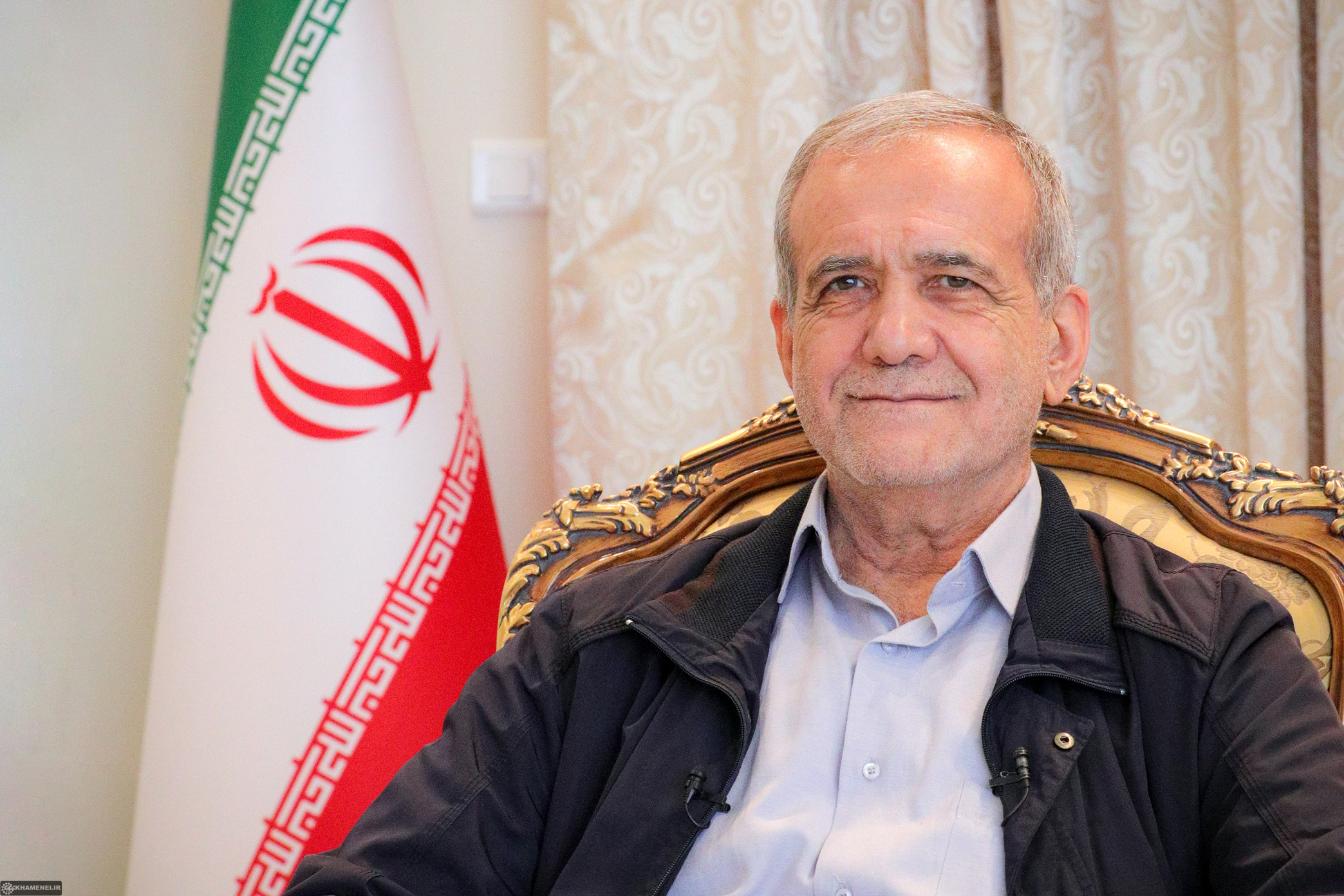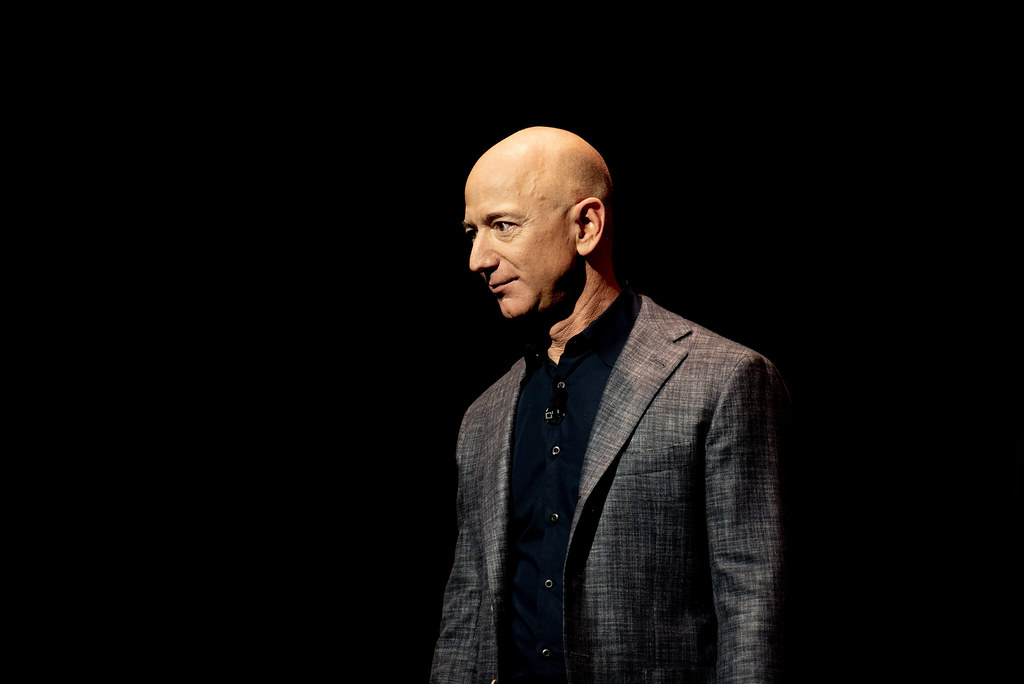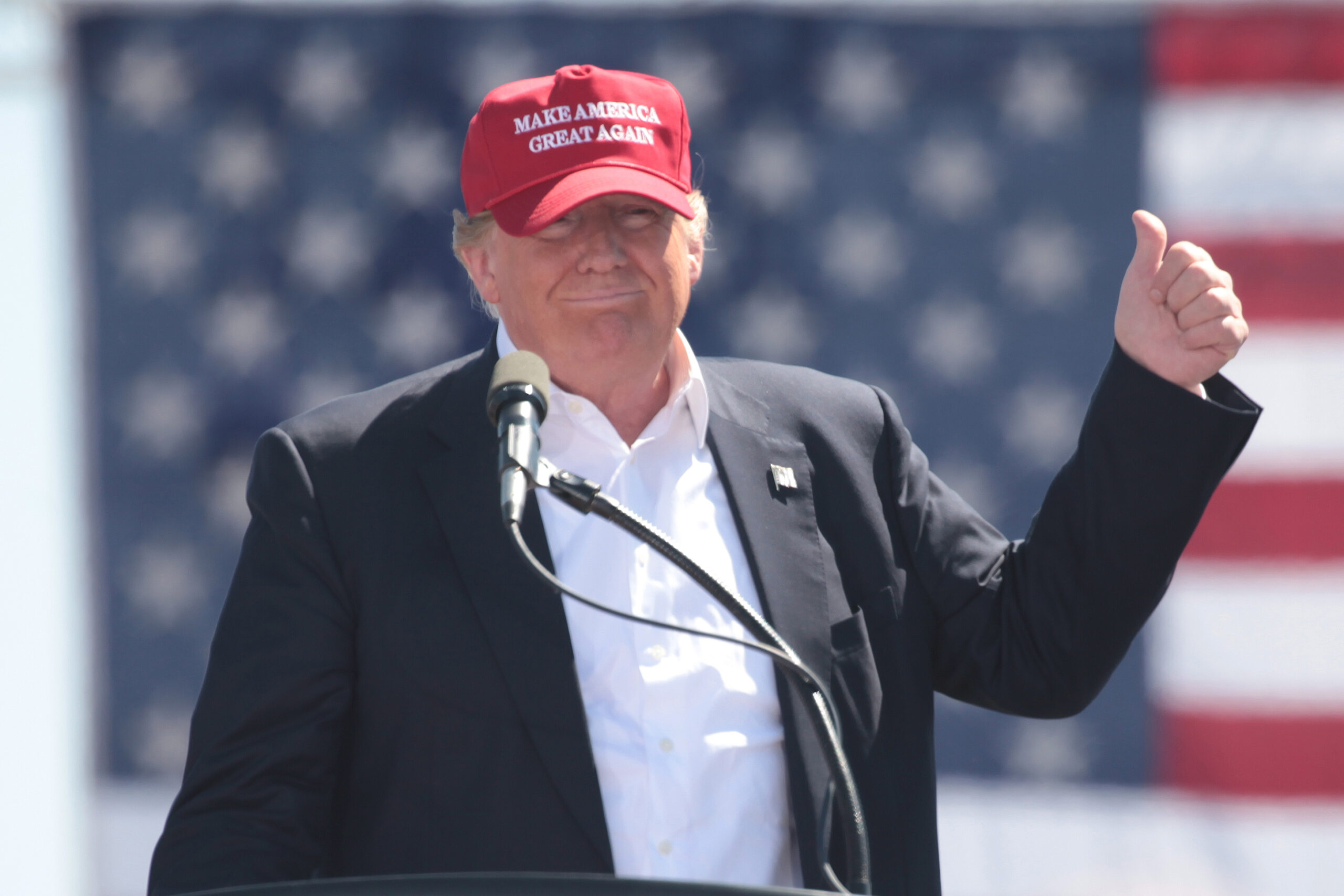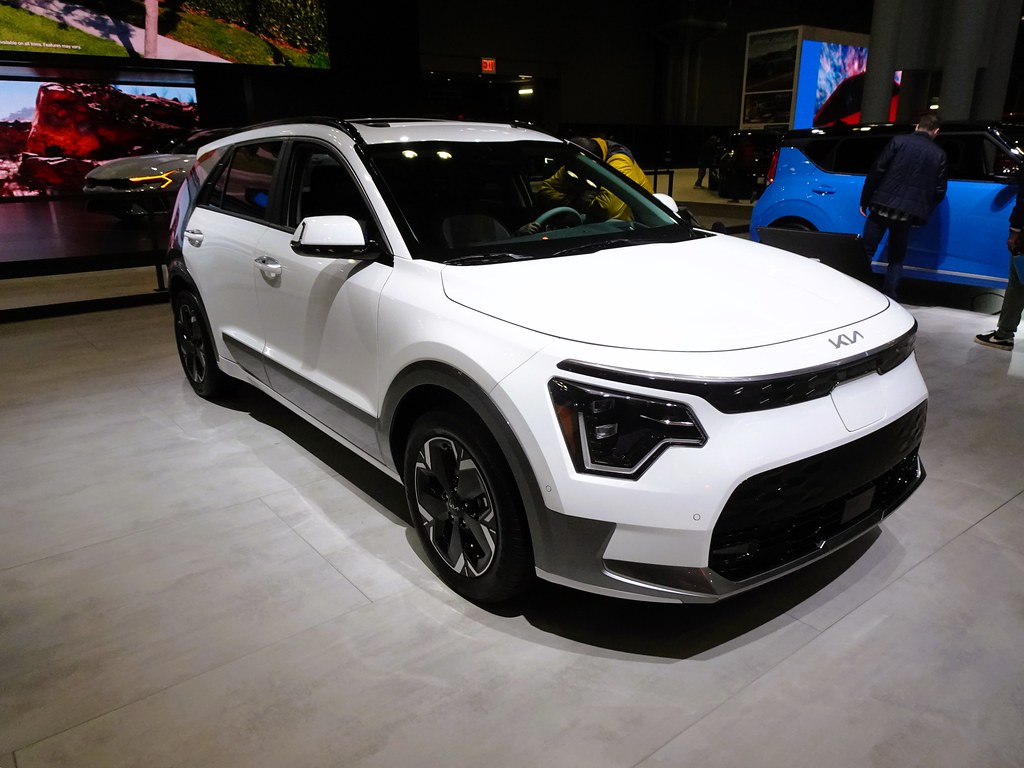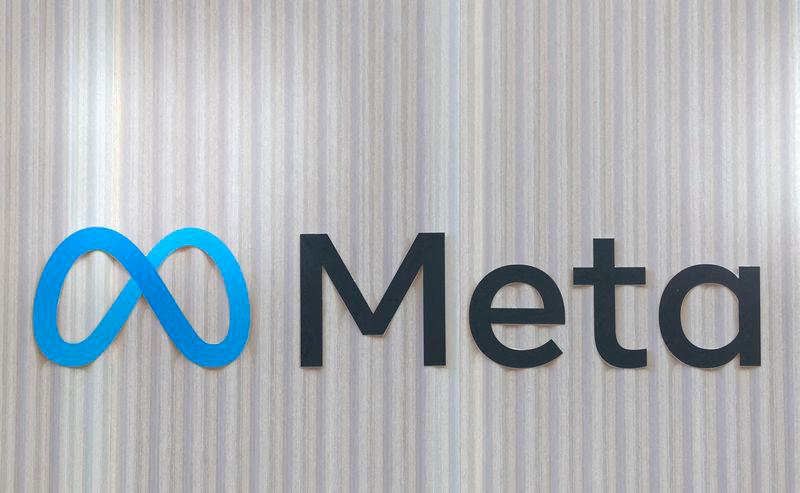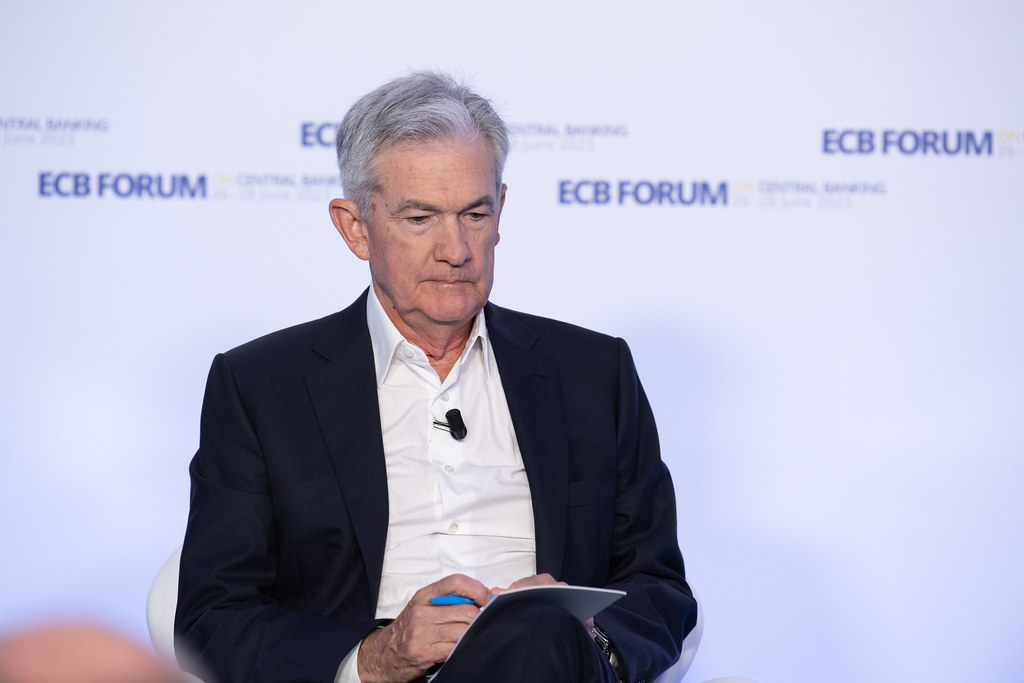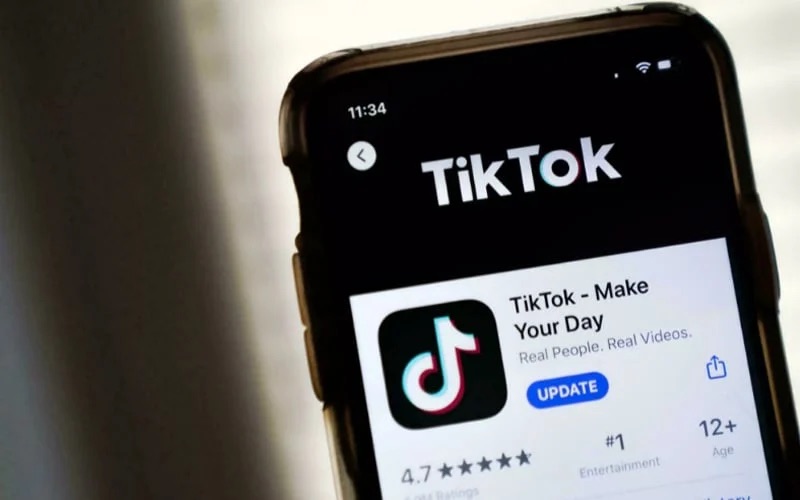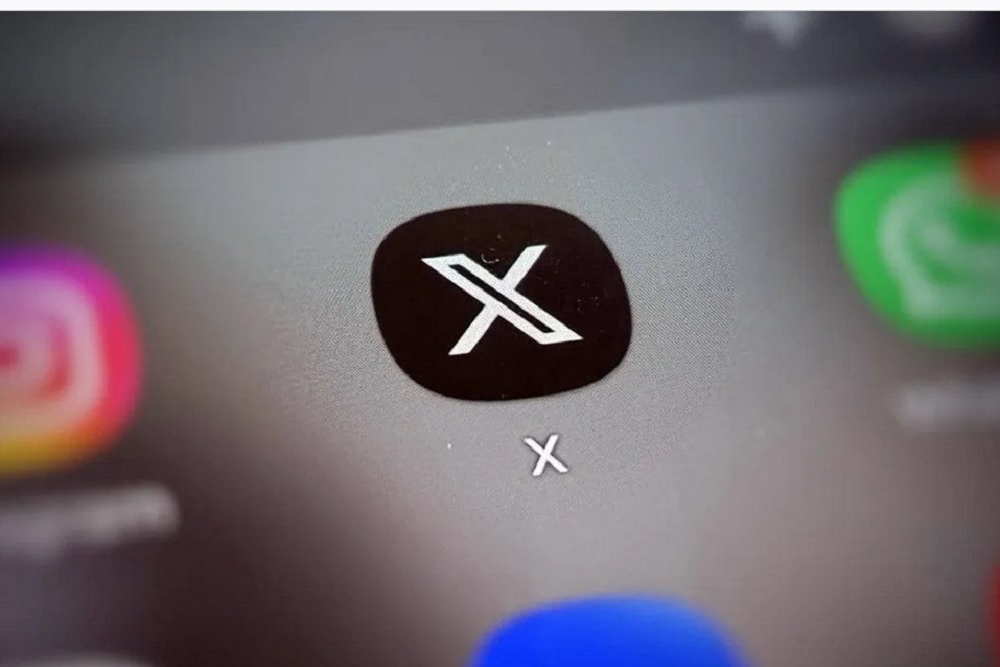Kia owners eagerly anticipating access to Tesla Superchargers will need to adjust their expectations. The automaker has announced that the rollout of Supercharger access has been delayed from January 15, 2025, to spring 2025. This decision raises questions for Kia EV owners who were hopeful about utilizing Tesla’s extensive charging network sooner than later.
Kia’s revised timeline comes amid similar delays for other automakers. Ford and Rivian have also experienced setbacks in gaining access to Tesla’s Supercharger network, which currently serves six non-Tesla brands: Ford, Rivian, General Motors, Polestar, Volvo, and Nissan. Despite the earlier promise of a January deadline, Kia has updated its press release to reflect the new timeframe.
Confusion Among Consumers
Interestingly, another source, kianewscenter.com, still lists January 15 as the official access date. This inconsistency may lead to further confusion among Kia owners. However, Kia has clarified its position by specifying that “spring 2025” now aligns with the first quarter of 2025, which ends on March 31.
Kia plans to offer free Supercharger access to buyers of the new Kia EV9 (2024 or 2025 model year) or the Kia EV6 starting from September 4, 2024. Owners of Kia EV6, EV9, or Niro EV models purchased before this date will need to acquire adapters from authorized Kia dealers to utilize the Supercharger network. The pricing for these adapters is expected to range between $200 and $230, similar to costs seen with other brands.
While off-market adapters from companies like Lectron and A2Z may be available at a lower price, they are not “brand-approved” or tested by Kia. Thus, the reliability and compatibility of such adapters remain uncertain.
James Bell, Head of Corporate Communications and Public Relations at Kia, commented on the situation, stating, “A delay has occurred and we are working with the appropriate teams to confirm new availability/date.” This acknowledgment reflects Kia’s commitment to keeping customers informed as they navigate these changes.
Eventually, all electric vehicle brands in the United States are expected to gain access to Tesla’s Supercharger network. Notably, Hyundai, which shares a parent company with Kia, will also benefit from this access in the future. Volkswagen is expected to join this group in June.
What The Author Thinks
The delay in providing Tesla Supercharger access to Kia owners underscores the complexities and logistical challenges inherent in such technological and business collaborations. While frustrating for eager EV owners, this development is a reminder of the evolving nature of electric vehicle infrastructure and the need for adaptability among manufacturers and consumers alike. As the electric vehicle market grows, the integration of services like these will be crucial in promoting wider EV adoption and ensuring a seamless user experience.


